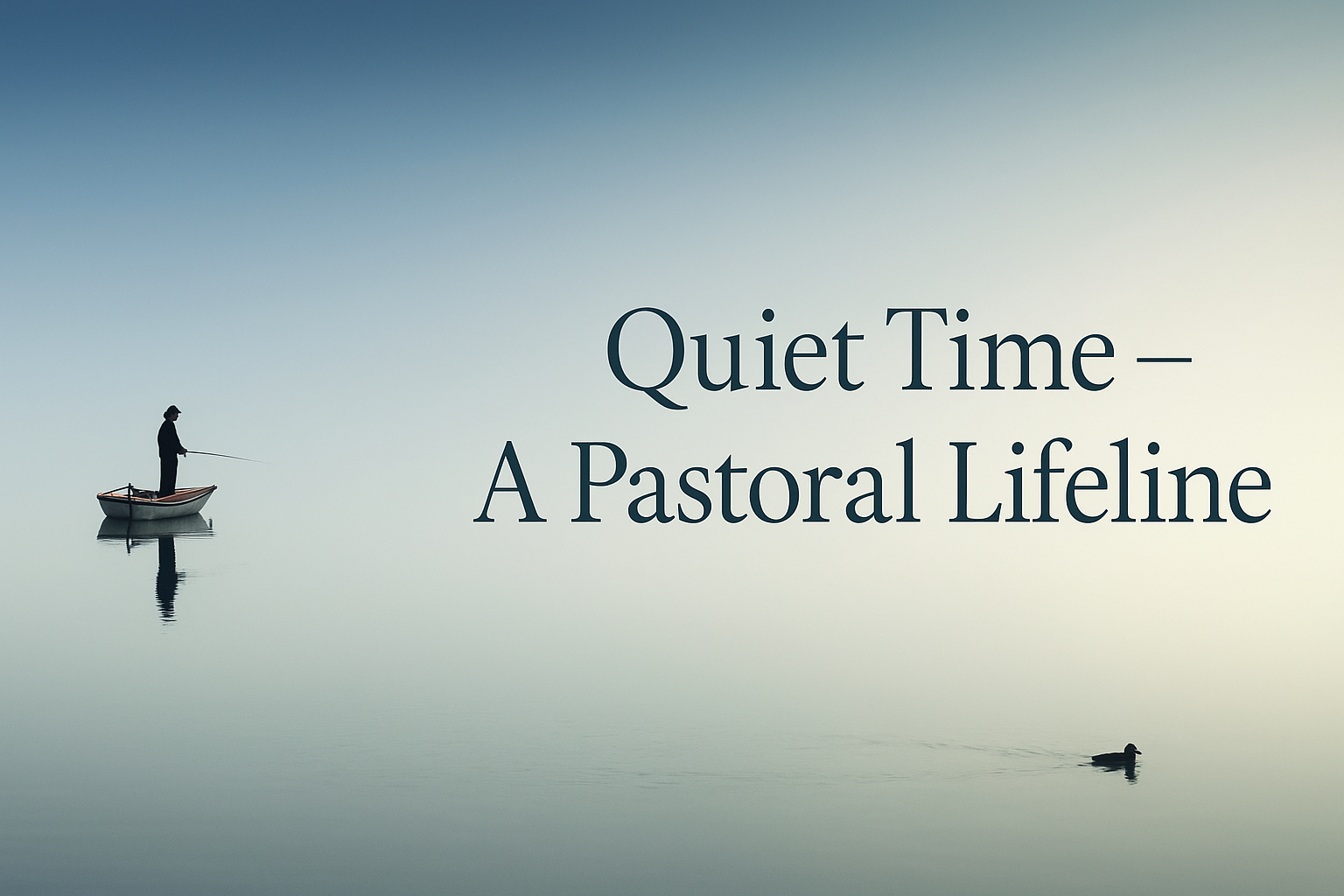If you want your church to have the impact of the early church, the New Testament shows us eight essential characteristics we need in our congregations.
Rely on supernatural power
"Then, what looked like flames or tongues of fire appeared and settled on each of them. And everyone present was filled with the Holy Spirit and began speaking in other languages, as the Holy Spirit gave them this ability" (Acts 2:3-4 NLT).
We don’t just talk about God; we experience him. This is what makes the church different from every other organization on the planet. We have the Holy Spirit.
Microsoft doesn’t have the Holy Spirit. The United States government doesn’t have the Holy Spirit. The Red Cross doesn’t have the Holy Spirit. No other organization has the power of God in it. God promised his Spirit to help his church.
Use everybody’s language
"And everyone present was filled with the Holy Spirit and began speaking in other languages, as the Holy Spirit gave them this ability" (Acts 2:4 NLT).
This passage isn’t about speaking in tongues. It’s about the Gospel being communicated in real languages. People actually heard the early Christians speak in their own languages—whether that was Farsi, Swahili, German, Greek, or whatever.
God says from the very first day of the church that the Good News is for everyone. It’s not just for Jews. It’s amazing grace for every race. But the power of Acts isn’t just about the language of your country of origin. It’s also about languages spoken only in particular subcultures—like mothers of preschoolers or people into hip-hop or accountants or truck drivers.
God says in his church, everyone’s language gets used. Are you helping your people use their “language” to reach people with the Good News?
Use everyone’s gifts
“Then Peter stepped forward with the eleven other apostles and shouted to the crowd, ‘Listen carefully, all of you, fellow Jews and residents of Jerusalem! Make no mistake about this . . . And I [God speaking through Joel] will cause wonders in the heavens above and signs on the earth below—blood and fire and clouds of smoke . . . But everyone who calls on the name of the LORD will be saved’” (Acts 2:14, 19, 21).
In New Testament times, there weren’t spectators in the church. There were only contributors—100 percent participation.
Not everyone is called to be a pastor, but everyone is called to serve God. If you want your church to have the impact of the early church, get everyone involved in the ministry of your church. Make it clear to everyone in the church that passivity isn’t an option. If they want to just sit around and soak up the service of others, let them find another church.
Offer life-changing truth
The early church didn’t offer pop psychology, polite moralisms, or nice-sounding inspiration. We must always offer the truth of the Gospel. God’s Word has the power to change lives. No other message changes lives like the Good News. No other message changes a guy from a wife-beater to being a loving, responsible husband. It’s when the truth of God’s Word gets into us that we change.
In Acts 2, Peter gives the very first Christian sermon, quoting the Old Testament book of Joel. Peter shares the Gospel in this message. Acts 2 says that the early church devoted itself to the “apostles’ teaching”—the Bible. God’s Word gave the early church power (For more about helping your church dig into God’s Word, check out
40 Days in the Word).
Provide loving support
"All the believers devoted themselves to the apostles’ teaching, and to fellowship, and to sharing in meals (including the Lord’s Supper), and to prayer" (Acts 2:42 NLT).
The first church loved and cared for one another. The church isn’t a business. It’s not an organization. It’s not a social club. It’s a family.
For our churches to experience the power of the early church, we’ve got to become the family that they were.
Enjoy joyful worship
"They worshiped together at the Temple each day, met in homes for the Lord’s Supper, and shared their meals with great joy and generosity" (Acts 2:46 NLT).
When the early church gathered, they celebrated,
"praising God and enjoying the favor of all the people." We must understand and teach that worship is a celebration. It's a festival, not a funeral. It's the party for the Kingdom of God.
When worship is joyful, people want to be there because people are looking for joy. Do you think if our churches were full of glad hearts, joyful words, and hopeful lives, we’d attract other unbelievers? Sure they would.
Make generous sacrifices
"And all the believers met together in one place and shared everything they had. They sold their property and possessions and shared the money with those in need" (Acts 2:44-45 NLT).
The Bible teaches us to make generous sacrifices for the sake of the Gospel. The Christians during the Roman Empire were the most generous people in the empire. In fact, they were famous for their generosity. They literally shared everything—with one another and the poor. The Bible says the early church "shared everything they had" (Acts 2:44 NLT).
That’s a church worth dying for—which is exactly what first-century Christians did. They chose to die with gladiators and lions in the Coliseum rather than renounce their faith and their brothers and sisters in God’s family.
Create exponential growth
"All the while praising God and enjoying the goodwill of all the people. And each day the Lord added to their fellowship those who were being saved" (Acts 2:47 NLT).
When our churches demonstrate the first seven characteristics of the early church, growth is automatic. People may have looked at the first Christians as weird, but they liked what they were doing. They saw their love for one another, the miracles that took place in their midst, and the joy that was in their lives, and they wanted what the Christians had.








